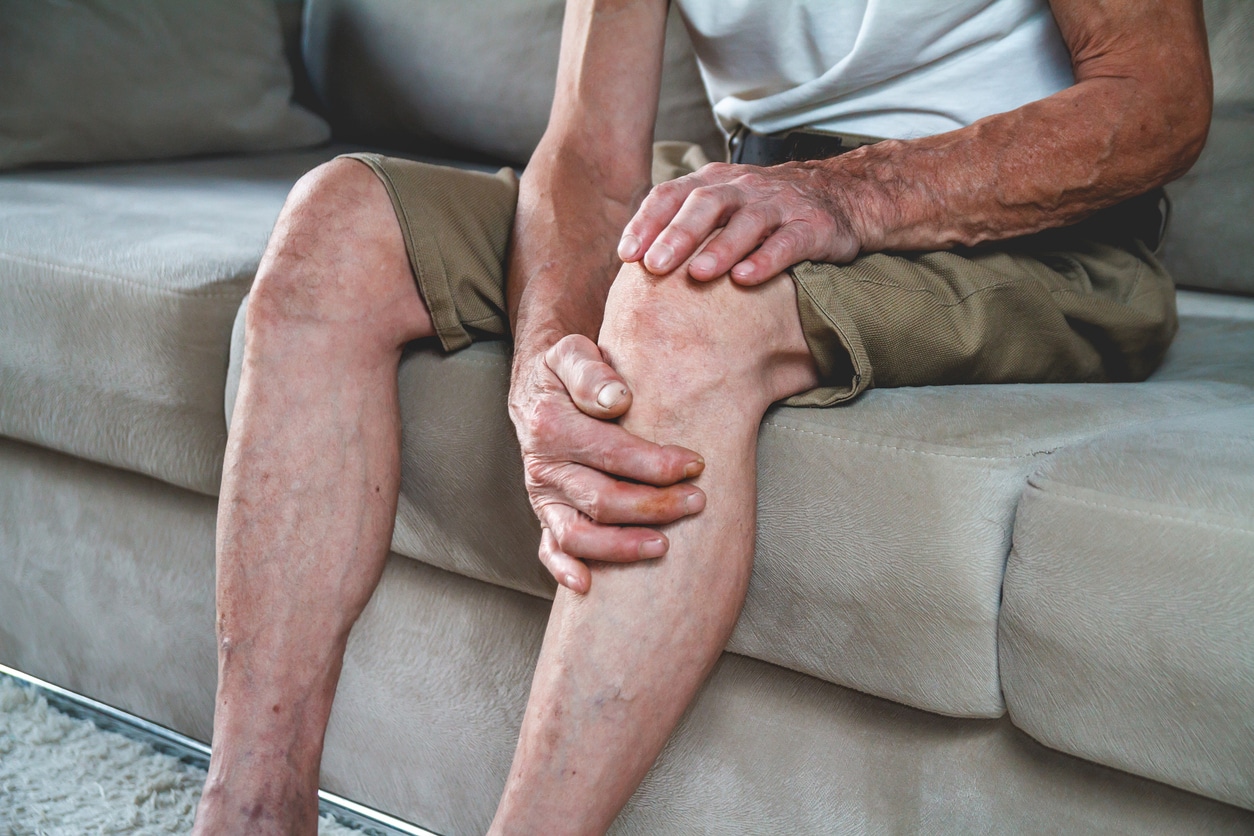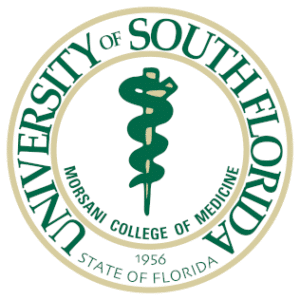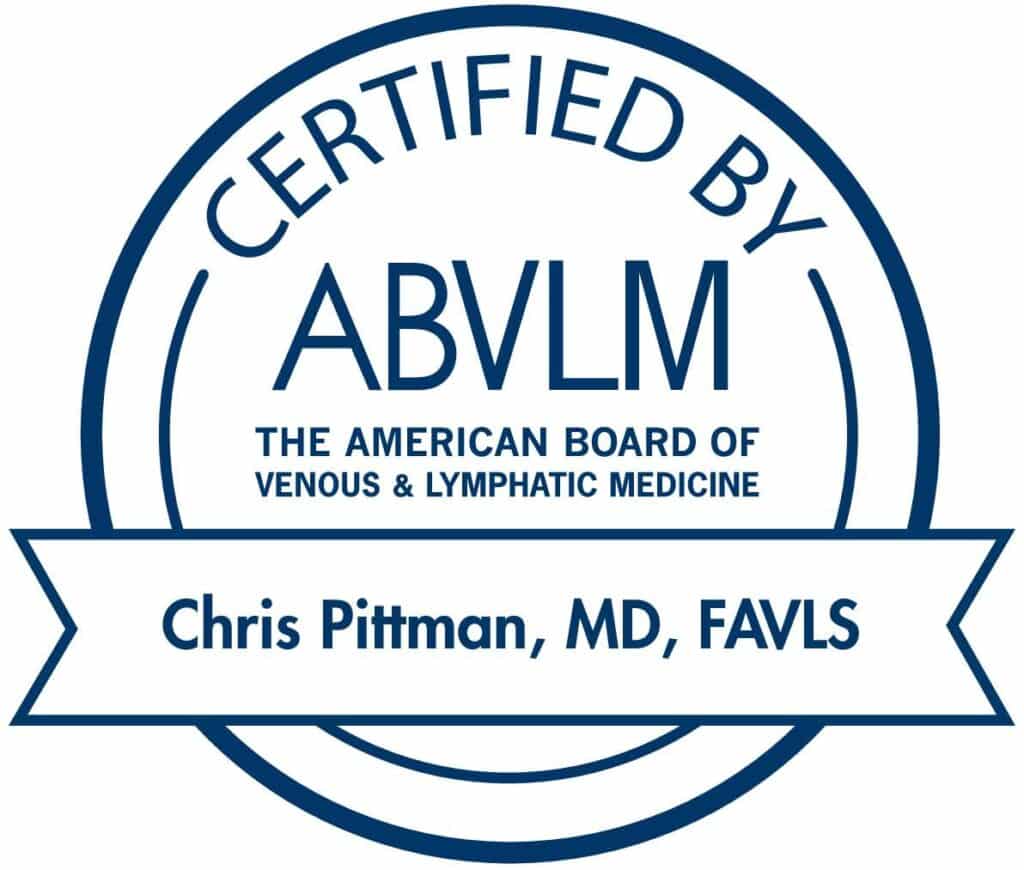Varicose veins are all-too-often seen as a women’s issue, a common misconception that can prevent crucial vein care in men. The truth is men and women both suffer from varicose veins at a high rate. Fully 25 percent of men will experience varicose veins in their lifetime, compared to 40 percent of women.
Varicose veins affect just a slightly greater proportion of women than men, yet the notion that varicose veins are a women’s condition creates a stigma that leads men to wait longer than they should for vein care. This stigma is harmful — when varicose veins are left untreated, they can result in painful ulcers and skin damage.
When varicose veins do affect men, they most commonly occur in the scrotum. Scrotal varicose veins, called varicoceles, can cause persistent pain and aching when left untreated. Luckily, varicoceles are easily remedied with a non-invasive outpatient procedure.
What Are Varicoceles?
Veins are the channels that carry oxygenated blood back to your heart. Veins function through a combination of muscles and valves, which work in conjunction to propel blood through your body. Because veins are not as muscular as arteries, they rely much more on valves to instigate blood flow. When your valves malfunction, oxygenated blood gets backed up in your vein, forming varicose veins.
Varicoceles aren’t much different than run-of-the-mill varicose veins, aside from their location in the scrotum. Varicoceles can cause irritation and pain in your testicles, just as varicose veins can do in other parts of your body. Other telltale signs of varicoceles include visibly enlarged veins on your scrotum or lumps on your testicle. If your testicular aches worsen with physical activity, or if standing causes more discomfort than lying down does, you may have varicoceles.
Unlike standard varicose veins, which generally occur in older adults, varicoceles are most common in men between 15 and 25 years old. For young men experiencing scrotal aching, it can be quite important to ensure you are not suffering from varicoceles — untreated varicoceles can lead to decreased sperm count and even infertility.
The cause of varicoceles remains unknown, but many medical experts contend that low testosterone may be a contributing factor. Kidney tumors have also been known to cause varicoceles, especially in older men.
How Can I Treat Varicoceles?
Patients who suffer from varicoceles deserve a lasting solution. If you suspect varicoceles are the cause of your chronic testicular aches, talk to your doctor at Vein911® Vein Treatment Centers about getting an embolization.
Embolization is a simple, non-invasive procedure commonly used to treat all types of varicose veins. It is a non-surgical option in which your doctor will use a viscous fluid or a tiny metal implant to block blood flow to problem veins, which prevents them from swelling. Because of the sensitive nature of testicles, the embolization procedure for varicoceles is usually conducted through your femoral artery. After the procedure, your varicoceles will gradually disappear.
To alleviate symptoms in the short term, seek ways to lessen heat and tension on your scrotum. Spend more time in air conditioning, refrain from strenuous activities, and lie down if your testicles are particularly painful. Other ways to increase blood flow to your veins include mild exercise, good nutrition, and refraining from nicotine and caffeine.
The stigma surrounding male varicose veins makes it rare for men experiencing varicoceles to seek treatment. If you suspect you have varicose veins in your scrotum, make sure to schedule an appointment with a vein specialist. For some of the most qualified vein doctors in the Tampa Bay area, give us a call at Vein911® Vein Treatment Centers. Our vein experts work from four clinics to provide quick, lasting solutions for any of your vein concerns.











